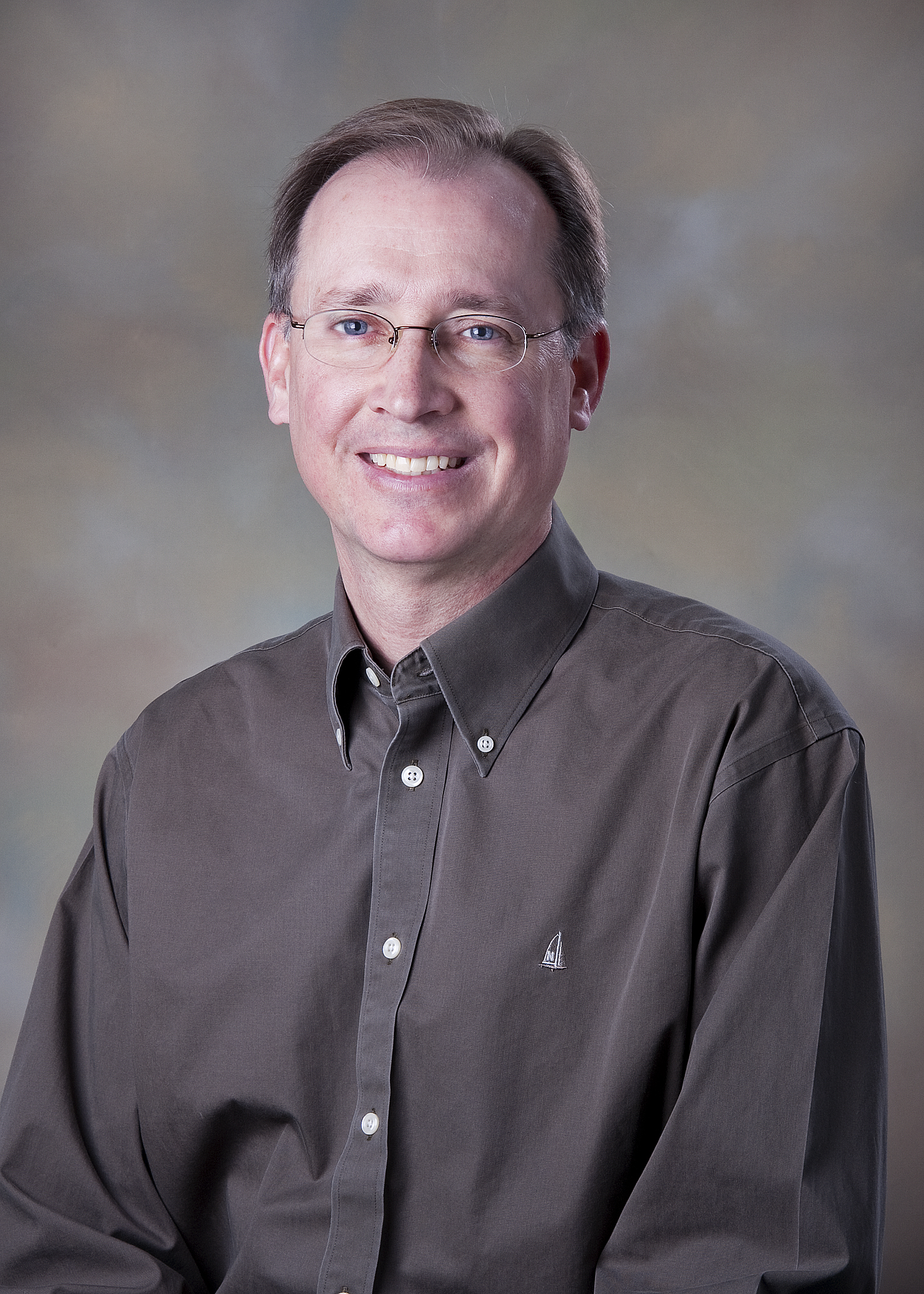ALBUQUERQUE, N.M. —Paul Dodd, a Sandia National Laboratories researcher, has been named a Fellow of the Institute of Electrical & Electronics Engineers (IEEE) “for contributions to the understanding and simulation of single-event effects in microelectronic,” according to a notification sent out by the organization.
Single-event effects in microelectronics are caused when energetic particles in a radiation environment (typically protons, neutrons, or heavy ions) strike a sensitive region of a microelectronics device or integrated circuit. The particle strike may cause no observable effect, a temporary malfunction, or even permanent damage
The IEEE Grade of Fellow — one of the institute’s most prestigious awards — is conferred by the board of directors upon a person with an extraordinary record of accomplishments in any of the IEEE fields of interest. The total number of fellows selected in any one year cannot exceed one-tenth of one percent of IEEE’s total voting Institute membership.
Dodd serves as team leader for Radiation Physics, Technology, and Assurance at Sandia. He received his B.S., M.S., and Ph.D. degrees in electrical engineering from Purdue University in 1988, 1989, and 1993, respectively, and joined Sandia following the completion of his graduate studies. During the past 16 years, he has been involved in the development of Sandia’s radiation-hardened bulk and silicon-on-insulator CMOS technologies, the investigation of physical mechanisms responsible for device radiation response, and the computer simulation of radiation effects on microelectronics. During this time he has also performed extensive radiation hardness assurance testing of a variety of microelectronics devices and integrated circuits, with an emphasis on the testing and analysis of single-event effects. His work has led to an improved understanding of physical mechanisms for single-event effects and has been critical to the success of several space and military systems that must operate reliably in radiation environments.
Dodd is active in the radiation effects and microelectronics research communities. He served on committees for the IEEE Nuclear and Space Radiation Effects Conference (NSREC), the IEEE International Electron Devices Meeting, and the IEEE International Reliability Physics Symposium (IRPS). Dodd has been general chairman, technical program chairman, short course chairman, awards chairman, and publicity chairman for the IEEE NSREC. He has presented numerous short courses at the NSREC, the IRPS, the IEEE Silicon-on-Insulator Conference, the Hardened Electronics and Radiation Technology Conference, and the European RADECS conference.
Dodd has authored or co-authored over 100 publications, including papers that have won nine outstanding conference paper awards at the IEEE NSREC. In 2001, Dodd received an IEEE Early Achievement Award and was named Outstanding Young Engineer by the IEEE’s Albuquerque Section.

